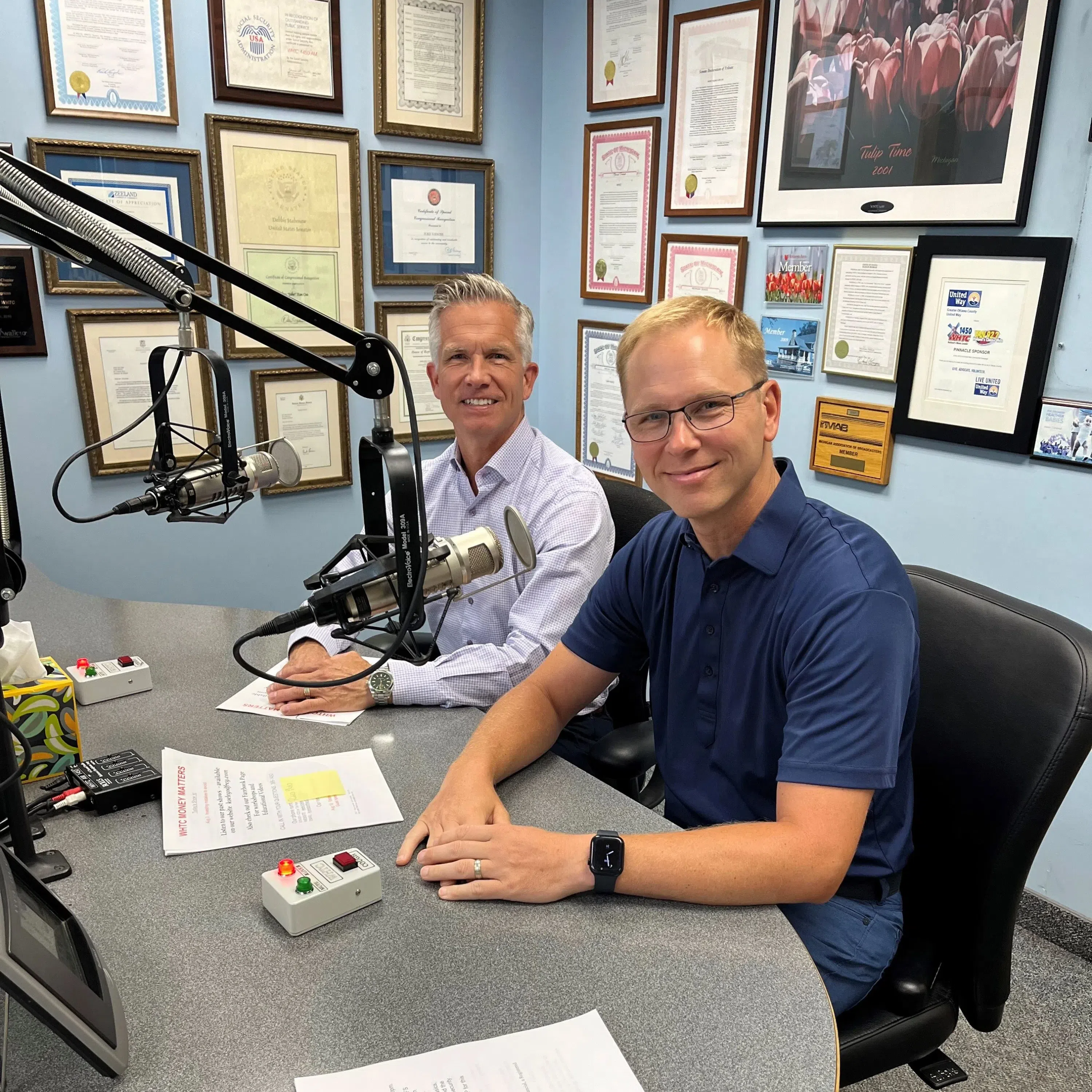(Reuters) – The U.S. Supreme Court on Wednesday heard arguments in Washington centered on a Mississippi law banning abortion after 15 weeks of pregnancy in a case that could lead to a dramatic rollback of abortion rights in America. Here are some key quotes from the oral argument.
SCOTT STEWART, MISSISSIPPI SOLICITOR GENERAL
Regarding two landmark Supreme Court rulings recognizing abortion rights, in 1973 and 1992 respectively: “Roe v. Wade and Planned Parenthood v. Casey haunt our country. They have no basis in the Constitution. They have no home in our history or traditions. They’ve damaged the democratic process. They’ve poisoned the law. They’ve choked off compromise. For 50 years, they’ve kept this court at the center of a political battle that it can never resolve. And 50 years on, they stand alone. Nowhere else does this court recognize a right to end a human life.”
ELIZABETH PRELOGAR, U.S. SOLICITOR GENERAL
“If this court renounces the liberty interests recognized in Roe and reaffirmed in Casey, it would be an unprecedented contraction of individual rights. … The court has never revoked a right that is so fundamental to so many Americans and so central to their ability to participate fully and equally in society.”
JUSTICE SONIA SOTOMAYOR
Regarding passage of Mississippi’s law: “Now the sponsors of this bill, the House bill, in Mississippi, said, ‘We’re doing it because we have new (Supreme Court) justices.’ … Will this institution survive the stench that this creates in the public perception that the Constitution and its reading are just political acts?”
“The issue of when life begins has been hotly debated by philosophers since the beginning of time. It’s still debated in religions. So, when you say this is the only right that takes away from the state the ability to protect a life, that’s a religious view, isn’t it?”
CHIEF JUSTICE JOHN ROBERTS
Regarding Roe and Casey decisions’ determinations that states cannot ban abortion before a fetus is viable outside the womb, generally viewed by doctors as between 24 and 28 weeks: “I’d like to focus on the 15-week ban because that’s not a dramatic departure from viability. It is the standard that the vast majority of other countries have. When you get to the viability standard, we share that standard with the People’s Republic of China and North Korea.”
JULIE RIKELMAN, ATTORNEY FOR JACKSON WOMEN’S HEALTH ORGANIZATION
“Mississippi’s ban on abortion two months before viability is flatly unconstitutional under decades of precedent. Mississippi asks the court to dismantle this precedent and allow states to force women to remain pregnant and give birth against their will.”
JUSTICE STEPHEN BREYER
“The problem with a super case like this – the rare case, the watershed case, where people are really opposed on both sides and they really fight each other – is they’re going to be ready to say, no, you’re just political, you’re just politicians. And that’s what kills us as an American institution.”
JUSTICE ELENA KAGAN
“There’s been 50 years of water under the bridge, 50 years of decisions saying that this is part of our law, that this is part of the fabric of women’s existence in this country, and that that places us in an entirely different situation than if you had come in 50 years ago and made the same arguments.”
JUSTICE SAMUEL ALITO
Regarding an 1897 Supreme Court ruling allowing racial segregation: “Would it not be sufficient to say that was an egregiously wrong decision on the day it was handed down and now it should be overruled?”
JUSTICE BRETT KAVANAUGH
“When you have those two interests at stake and both are important, as you acknowledge … why should this court be the arbiter rather than Congress, the state legislatures, state supreme courts, the people being able to resolve this? And there will be different answers in Mississippi and New York, different answers in Alabama than California because they’re two different interests at stake and the people in those states might value those interests somewhat differently.”
JUSTICE AMY CONEY BARRETT
Regarding “safe haven” laws in states that let women hand over unwanted babies to healthcare facilities without penalty: “Both Roe and Casey emphasize the burdens of parenting. And insofar as you … focus on the ways in which forced parenting, forced motherhood, would hinder women’s access to the workplace and to equal opportunities, it’s also focused on the consequences of parenting and the obligations of motherhood that flow from pregnancy. Why don’t the safe haven laws take care of that problem?”
(Compiled by Andrew Chung and Lawrence Hurley in Washington; Editing by Will Dunham)






